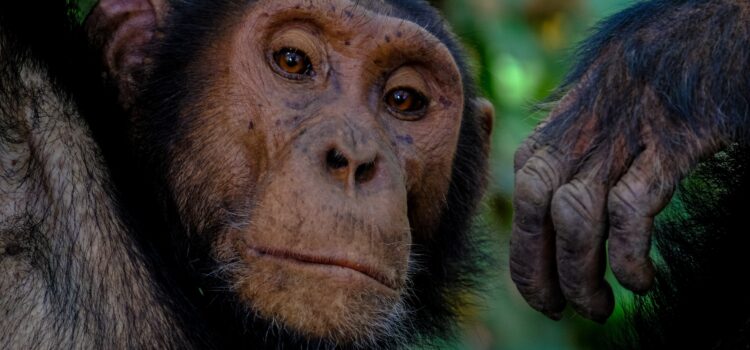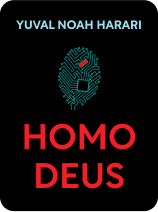

This article is an excerpt from the Shortform book guide to "Homo Deus" by Yuval Noah Harari. Shortform has the world's best summaries and analyses of books you should be reading.
Like this article? Sign up for a free trial here .
Do animals possess self-awareness? What do we currently know about animal consciousness?
Many claim that animals aren’t self-aware—they’re driven by instinct. But scientific research suggests that animals do possess some basic self-awareness, although animal consciousness isn’t as sophisticated as humans’.
Keep reading to learn how self-awareness manifests in animals.
Self-Awareness in Animals
Self-awareness is the ability to think about one’s past and future, then communicate those thoughts to others. Some people think that self-awareness is an exclusively human feature. They claim that animals lack self-awareness because they always exist in the present, reacting instinctively to the world around them.
For example, a young squirrel will bury nuts even if it’s never experienced a winter before. Researchers claim that this is because it’s responding to an internal instinct rather than actively planning for the future.
However, people don’t know how other animals think or communicate. Just because animals can’t communicate their thoughts about the past or the future doesn’t mean that they don’t have them. In fact, humans often think about their past or future without verbalizing it, yet people assume that they have self-awareness regardless.
Some studies suggest that animals do think about the past and the future to some extent, but they’ve never been able to produce concrete evidence. For example, a chimpanzee named Santino would hide rocks and other objects that he would later throw at zoo visitors. He would strategically plan where and when he hid items and seemed to adjust his strategy based on the actions of the visitors and his caretakers. This implies that he had actively considered his past experiences to plan his future attacks.
While people shouldn’t needlessly humanize animals, it’s important to note that animals are not that different from us. They can communicate and form relationships, implying that animals likely possess more self-awareness than we give them credit for. Animals can possess great intelligence, but their way of processing information is different.
For example, a horse in Germany named Clever Hans once shocked audiences by correctly answering math questions. While many assumed the horse had grasped the German language, he was actually reading body language. He’d see that he was asked a question, then would tap his foot and observe the tension in the questioner’s body until he tapped the correct amount. He exhibited self-awareness by using his past experiences and ability to communicate via body language to inform his future decisions, just not in the way that people initially thought.

———End of Preview———
Like what you just read? Read the rest of the world's best book summary and analysis of Yuval Noah Harari's "Homo Deus" at Shortform .
Here's what you'll find in our full Homo Deus summary :
- Why technology is replacing humanist ideals
- How previous generations relied on prayer to deal with serious problems
- How AI and algorithms are going to run the world






